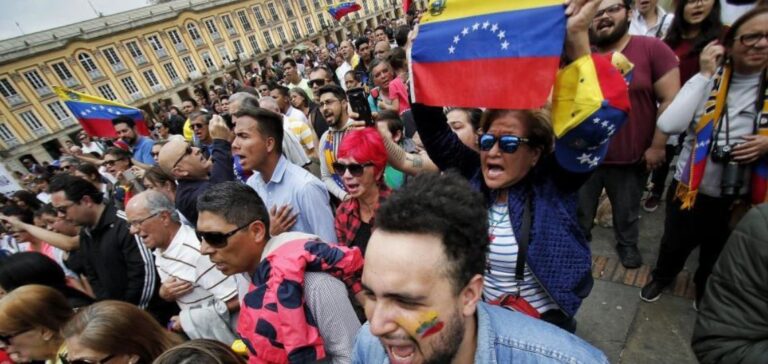Several Venezuelan opposition parties have chosen Corina Yoris as their candidate to challenge Nicolás Maduro in the July presidential elections. This decision could lead the United States to consider a temporary easing of oil sanctions, already eased in May 2022 and October 2023, with the aim of encouraging a fair electoral process. Rachel Ziemba of Horizon Engage notes that this development, coupled with other partial concessions, could lead to an easing of sanctions, although this requires openness on Maduro’s part.
US sanctions and General License 44
In October, the US issued General License 44, authorizing certain oil and gas transactions, following an agreement in Barbados between Maduro and the opposition for fair presidential elections in 2024. However, the disqualification in January of María Corina Machado, the main opposition candidate, prompted US warnings that sanctions would be reimposed if Maduro did not allow all candidates to compete.
Potential impacts on the energy sector
If General License 44 is maintained, Venezuelan crude production could increase from the current 770,000 b/d to less than 850,000 b/d by 2025, according to Nick Blanco of S&P Global Commodity Insights. On the other hand, cancellation of this license would have a rapid impact on Venezuelan production and trade, potentially redirecting exports to China, the main consumer of Venezuelan crude during the sanctions.
Considerations and consequences of sanctions
Markets are anticipating a partial return to sanctions on April 18. David Goldwyn of the Atlantic Council suggests that the U.S. could design a new license that limits the Maduro regime’s revenues without penalizing the Venezuelan population. The implications of the announcement of Yoris’ candidacy are minimal for actual flows up to April 25, with major impacts expected on US refiners and diluent exporters.
Yoris’ ability to run as a candidate remains uncertain, with Maduro likely to use administrative restrictions to block a popular candidate. The opposition is requesting an extension to the registration deadline due to computer problems, while Maduro has formalized his candidacy for a third six-year term.






















